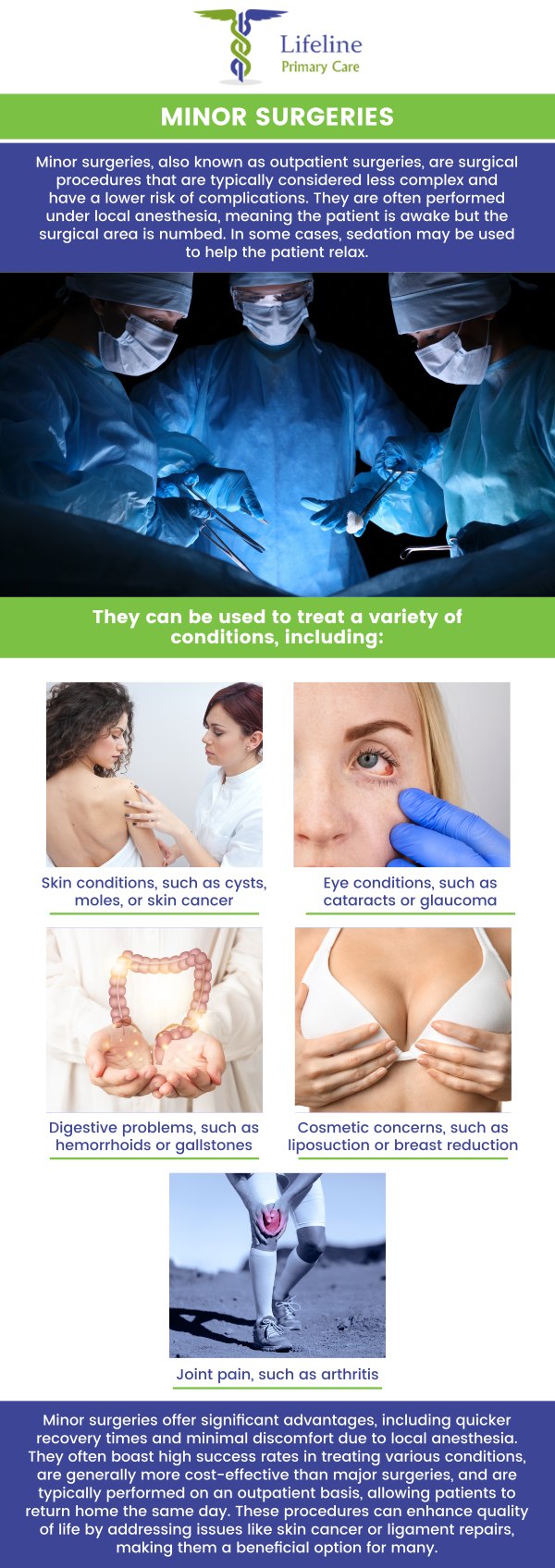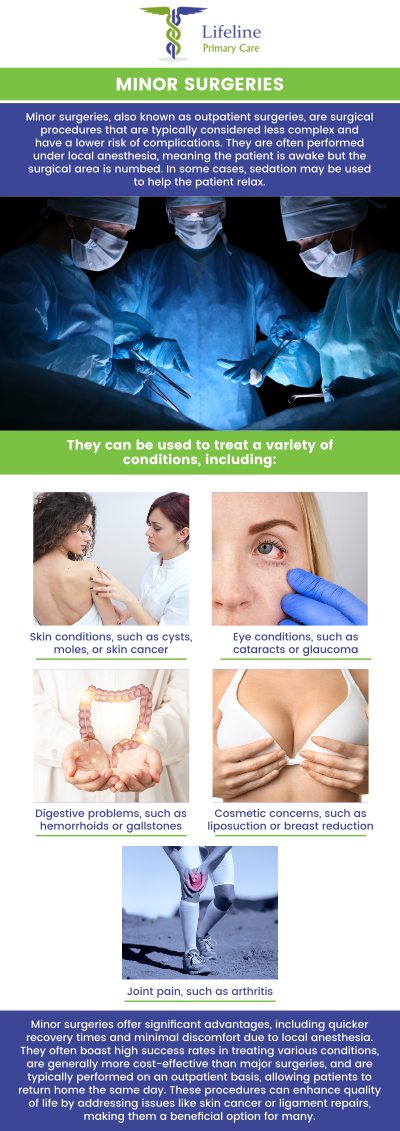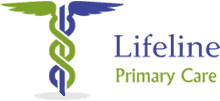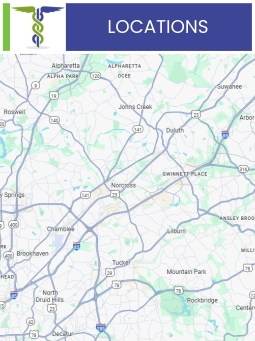Minor Surgery Clinic in Lilburn, GA
Minor surgery involves simple, non-invasive procedures to treat various conditions, often performed under local anesthesia. At Lifeline Primary Care, our experienced providers ensure that each procedure is done with precision, aiming for quick recovery and minimal discomfort. For more information, contact us or request an appointment online. We have convenient locations to serve you in Lilburn Main, Lilburn Main Extension, Lilburn – Snellville, Sandy Springs, Stone Mountain, Duluth, Clarkston, Suwanee, and Norcross GA.


Table of Contents:
What types of procedures are considered minor surgery?
How long does recovery take after minor surgery?
How should I prepare for a minor surgery procedure?
Will I need follow-up care after a minor surgery?
Minor surgery encompasses surgical treatments that are less complex, involve lower risks, and typically do not require hospital admission. These procedures are safely and efficiently completed in our outpatient setting, using local or regional anesthesia to ensure your comfort and a quick recovery.
Some of the most common minor surgeries we offer at Lifeline Primary Care include removal of skin lesions such as moles, cysts, and warts, as well as drainage of abscesses. We also perform suturing of small cuts or lacerations, removal of ingrown toenails, and biopsies to obtain tissue samples for further evaluation. Additionally, we can assist with minimally invasive procedures like the insertion or removal of contraceptive implants.
By providing these services on-site, we help you address a variety of health concerns promptly and conveniently, without the need for a hospital visit. Our experienced clinical team is dedicated to ensuring your safety and comfort throughout every step of your minor surgical procedure, supporting your health with personalized, high-quality care.
Recovery can vary depending on the type of procedure performed, your overall health, and how closely you follow your post-operative care plan. In most cases, patients can expect to return to their normal routines within a few days to a week after a minor surgical procedure.
For example, minor skin surgeries—such as mole removal or excision of small cysts—typically require only a day or two of limited activity. Other procedures, such as hernia repairs or minimally invasive laparoscopic surgeries, may need a slightly longer recovery period, often from several days up to two weeks before you feel completely back to normal.
To ensure the best possible outcome, our team will provide you with detailed instructions on wound care, activity restrictions, and medication use. Following these guidelines closely is key to a smooth and quick recovery. Keep in mind that factors like your age, any pre-existing health conditions, and the surgical technique used can affect your individual healing time.
If you notice unusual pain, swelling, redness, or have any concerns during your recovery, please contact us right away. Attending all recommended follow-up appointments is important so we can monitor your progress and address any issues early.
If you are scheduled for a minor surgical procedure, following these important steps will help ensure the best possible outcome and a smooth recovery.
1. Follow Your Provider’s Instructions:
Your provider will give you specific pre-operative instructions tailored to your procedure. Please review these carefully. In some cases, you may be asked to avoid eating or drinking for a certain period before your surgery, especially if anesthesia will be involved.
2. Share Your Medical Information:
Let our medical team know about all medications, supplements, and herbal remedies you are taking. Some of these may need to be paused or adjusted for your safety. Additionally, please tell us about any allergies you have—especially to medications, latex, or anesthesia.
3. Arrange Transportation:
For your safety, we recommend arranging for someone to drive you to and from the clinic on the day of your procedure, as you may not be able to drive yourself afterwards.
4. Prepare for Your Appointment:
On the day of your minor surgery, wear comfortable, loose-fitting clothing and leave valuables like jewelry at home. If you develop any symptoms of illness—such as fever or infection—prior to your appointment, contact Lifeline Primary Care promptly so we can assess whether it’s safe to proceed.
5. Ask Questions:
We encourage you to discuss any questions or concerns with your provider before your procedure. Understanding your surgery, any possible risks, and your recovery plan will help you feel more confident and prepared.
After your surgery, our providers will schedule a follow-up appointment designed for your specific needs. This visit may include removing stitches or staples, checking your wound for proper healing, and discussing any symptoms you should watch for while recovering at home. Our staff will give you clear instructions on how to care for your surgical site, such as keeping the area clean and dry, changing dressings, and recognizing signs of infection.
We encourage you to attend all recommended follow-up visits —even if you feel well. If you notice any redness, swelling, pain, fever, or other unusual symptoms, please contact us promptly so we can provide the care you need. Remember, your follow-up plan will be personalized based on the type of surgery you had and your overall health.
At Lifeline Primary Care, our goal is to ensure you receive the best care and achieve a quick recovery. For more information, contact us or request an appointment online. We serve patients from Lilburn Main GA, Lilburn Extension GA, Lilburn – Snellville GA, Sandy Springs GA, Stone Mountain GA, Duluth GA, Clarkston GA, Suwanee GA, Norcross GA, Tucker GA, Alpharetta GA, Sugar Hill GA, Scottdale GA, Decatur GA, Doraville GA, Dunwoody GA, Roswell GA, Chamblee GA, Redan GA, Gresham Park GA, Johns Creek GA, Buford GA, and surrounding cities.
Check Out Our 5 Star Reviews


Additional Services You May Need
• Sports Physical Exam
• School Physical Exam
• X-Ray
• Foreign Body Removal
• Minor Surgeries
• Confidential STD Screening
• Allergy Testing
• Immigration Physical Exams
• IUD Insertion
• DOT Physical Exam
• Knee Gel Injections
• Chronic Care Management
• Women’s Health
• Vitamin B12 Injections
• Myers Cocktail IV Therapy
• Weight Management
• Suturing Clinic
• Incision and Drainage
• Dermatological Procedures
• Skin Tag Removal
• Toenail Removal
• Biopsies
• Lab Services
• Lead Screening
• TB Screening
• Hearing/Vision Test
• EKG Services
• Spirometry Testing
• Echocardiograms
• Ultrasounds
• ABI (Circulation Test)
• Urine Drug Testing
• Nerve Conduction Studies
• Annual Physicals
• Immunotherapy
• Neuro Scans
• Employment Physicals
• Medicare Wellness Exams
• VAT/ENG Studies
• Autonomic Nervous System Scans
• Nuclear Scans
• Acute Care
• Smoking Cessation
• Immunizations
• Joint Injections
• Vaccinations
• Covid-19 Vaccines
• Nexplanon
• Primary Care

Additional Services
You May Need
• Sports Physical Exam
• School Physical Exam
• Primary Care
• X-Ray
• Foreign Body Removal
• Minor Surgeries
• Confidential STD Screening
• Allergy Testing
• Immigration Physical Exams
• IUD Insertion
• DOT Physical Exam
• Knee Gel Injections
• Chronic Care Management
• Women’s Health
• Vitamin B12 Injections
• Myers Cocktail IV Therapy
• Weight Management
• Suturing Clinic
• Incision and Drainage
• Dermatological Procedures
• Skin Tag Removal
• Toenail Removal
• Biopsies
• Lab Services
• Lead Screening
• TB Screening
• Hearing/Vision Test
• EKG Services
• Spirometry Testing
• Echocardiograms
• Ultrasounds
• ABI (Circulation Test)
• Urine Drug Testing
• Nerve Conduction Studies
• Annual Physicals
• Immunotherapy
• Neuro Scans
• Employment Physicals
• Medicare Wellness Exams
• VAT/ENG Studies
• Autonomic Nervous System Scans
• Nuclear Scans
• Acute Care
• Smoking Cessation
• Immunizations
• Joint Injections
• Vaccinations
• Covid-19 Vaccines
• Nexplanon




